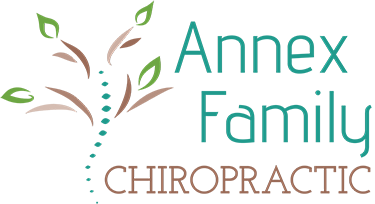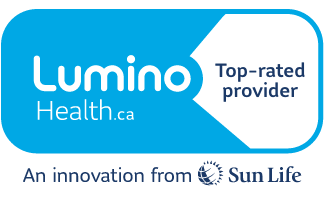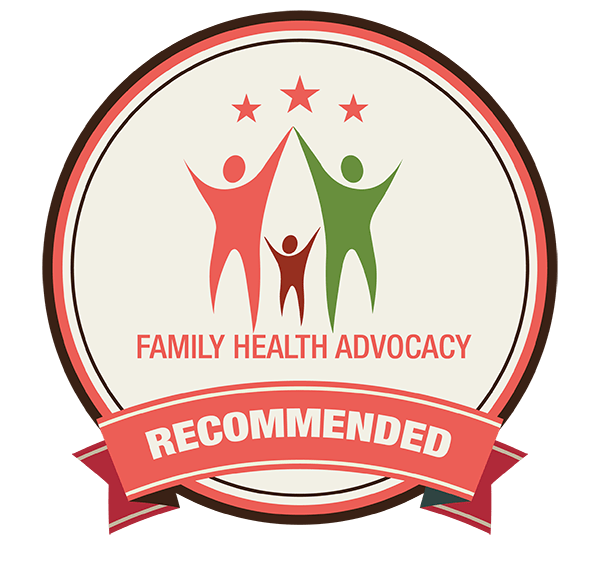If you’re like me and you love a lifestyle of wellness, you have various health goals. Is your brain health at the top of the list?
That may seem like a silly question; of course, we know the brain is important! While we can survive having an appendix or gallbladder removed, or even have a heart or lung transplant, our brain remains absolutely essential.
However, we may be spending more time caring for and maintaining the parts of our body that call for attention urgently, rather than focusing on what is overall vital to our existence. For example, we brush our teeth daily, but may not maintain our neuro-musculo-skeletal system as regularly.
Here are some questions to help you evaluate the emphasis your lifestyle puts on caring for your brain.
Brain Health Checklist
- Do you move your body with intention daily?
- Are you eating nutrient-dense foods?
- Do you stretch your brain with reading, puzzles, classes or other stimulation?
- Have you had any brain trauma, such as concussions from sports or car accidents?
- Do you feel alert and able to solve problems easily, or do you experience fatigue and brain fog?
- Have you been checked by a chiropractor to analyze your brain and nervous system connection?
What Helps Our Brain Function?
Movement
“90% of the stimulation and nutrition to the brain is generated by the movement of the spine,” states Dr. Roger Sperry, Nobel Prize recipient for brain research.
Frequent movement doesn’t mean you have to be an Olympic athlete or passionate about marathons and triathlons.
Most of us have the privilege of being able to move our bodies in whatever way is adapted to our location, climate and physiological makeup. There are also wonderful modifications to accommodate injuries and various physical challenges. For example, if you are unable to walk or run, you can get a great cardio workout through many seated upper body movements.
Often, we are the only ones limiting ourselves from prioritizing regular activity. It may be helpful to remind yourself that a good workout directly benefits your brain function, for both your occupation and family life!
Nutrition
Are brain-healthy foods on your plate? Researchers have found links between what you eat and how your brain functions. Fresh natural foods that are minimally processed and foods that encourage healthy gut bacteria have been proven to improve mental health.
The brain and gut are very directly connected via the vagus nerve. Fascinating research shows the positive effects of vagus nerve stimulation. Read more here.
Stimulation
Have you ever met a vibrant older person whose mind is as sharp and acutely active as when they were decades younger? Odds are, they are also the kind of person who stimulates their mind with reading, puzzles, games, riddles, etc.
It can be easy to get into a (rather boring) routine between work and family life, and then choose to rest with soporific entertainment. Totally understandable.
However, our brains also require some hobbies that challenge our brains to be creative, resourceful and imaginative. This can be something simple like playing tea party with a child or keeping a sudoku game handy for any dull moments.
Connection
All of these wonderful things will have a diminished impact if there is interference in the connection between the brain and body. You may have intelligent, inspiring words to say in a conversation but if the cellphone signal is weak, the other person won’t hear what you’re saying well.
The nervous system is our communication system. The spinal cord is the major highway that
connects the brain to every organ, tissue, gland, and muscle by way of tiny nerve fibers.
The vertebrae of the spine are joints that protect the spinal cord while allowing you a full range of motion. However when under various stressors, these joints can become restricted or misaligned.
This may cause pressure or inflammation on the nerves, reducing their function.
Reduced Brain Function & Communication
You probably studied parts of the brain at one point in school. Here’s a little refresher about the brainstem.
The brainstem controls basic life functions such as breathing, heart rate, digestion, and blood pressure (among many other functions!) Also called the reptilian brain, the brainstem connects to the spinal cord in a fragile junction protected by the upper cervical vertebrae.
We clearly want all the functions of our brain to coordinate smoothly, and in an ideal world, they do! However, sometimes life, stress, and trauma get in the way.
Fascinating studies have been done to show the positive effect of chiropractic adjustments on brain function.
A 2016 study published in the Journal of Neural Plasticity demonstrated that the brain’s prefrontal cortex showed increased activity post adjustment. This is exciting as this area of the brain deals with cognition and higher learning.
A 2008 study in the Journal of Chiropractic Medicine said that chiropractic adjustments of the upper cervical vertebrae “may result in parasympathetic responses.” This means better balance between your “fight or flight” and “rest & digest” modes, activated in your brainstem.
Hopefully, all this information has your brain buzzing with possibilities for improved health! Let me know if you have questions or if I can serve you in any way.
Dr. Josh
You may also enjoy reading Exercise and Chiropractic Reorganize the Brain to Be More Resilient to Stress
Ready to have your nervous system function checked? Call 416-967-4466 for an appointment at our midtown Toronto office.
References:
- Nutrition & brain health https://www.health.harvard.edu/blog/nutritional-psychiatry-your-brain-on-food-201511168626
- Vagus Nerve Connection https://www.frontiersin.org/articles/10.3389/fpsyt.2018.00044
- Manipulation of Dysfunctional Spinal Joints Affects Sensorimotor Integration in the Prefrontal Cortex: A Brain Source Localization Study https://www.hindawi.com/journals/np/2016/3704964/
- Brain Injury Canada https://www.braininjurycanada.ca/en/caregiver/about-brain-injury/how-brain-works
- Sympathetic and parasympathetic responses study https://www.ncbi.nlm.nih.gov/pmc/articles/PMC2686395/


